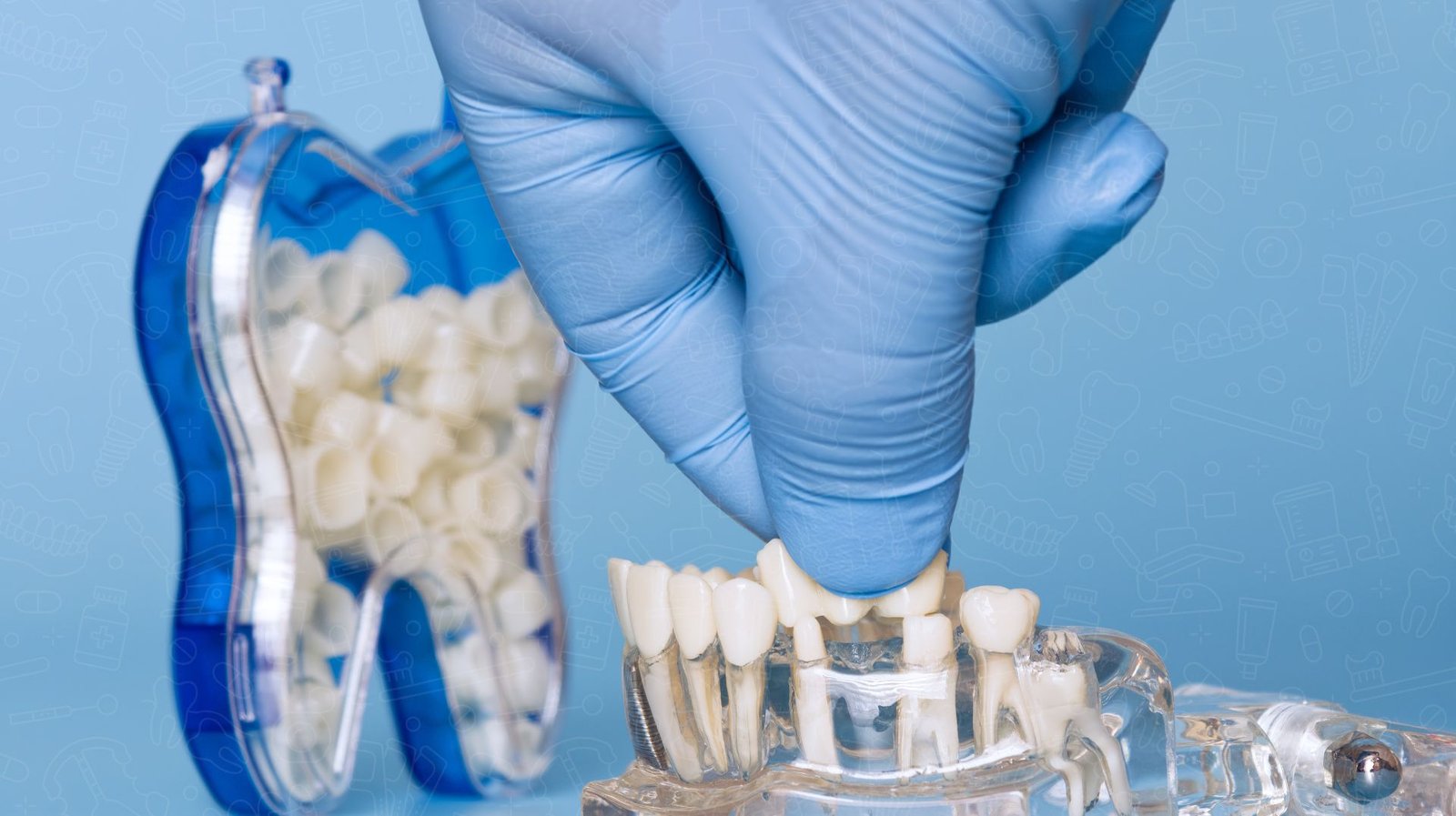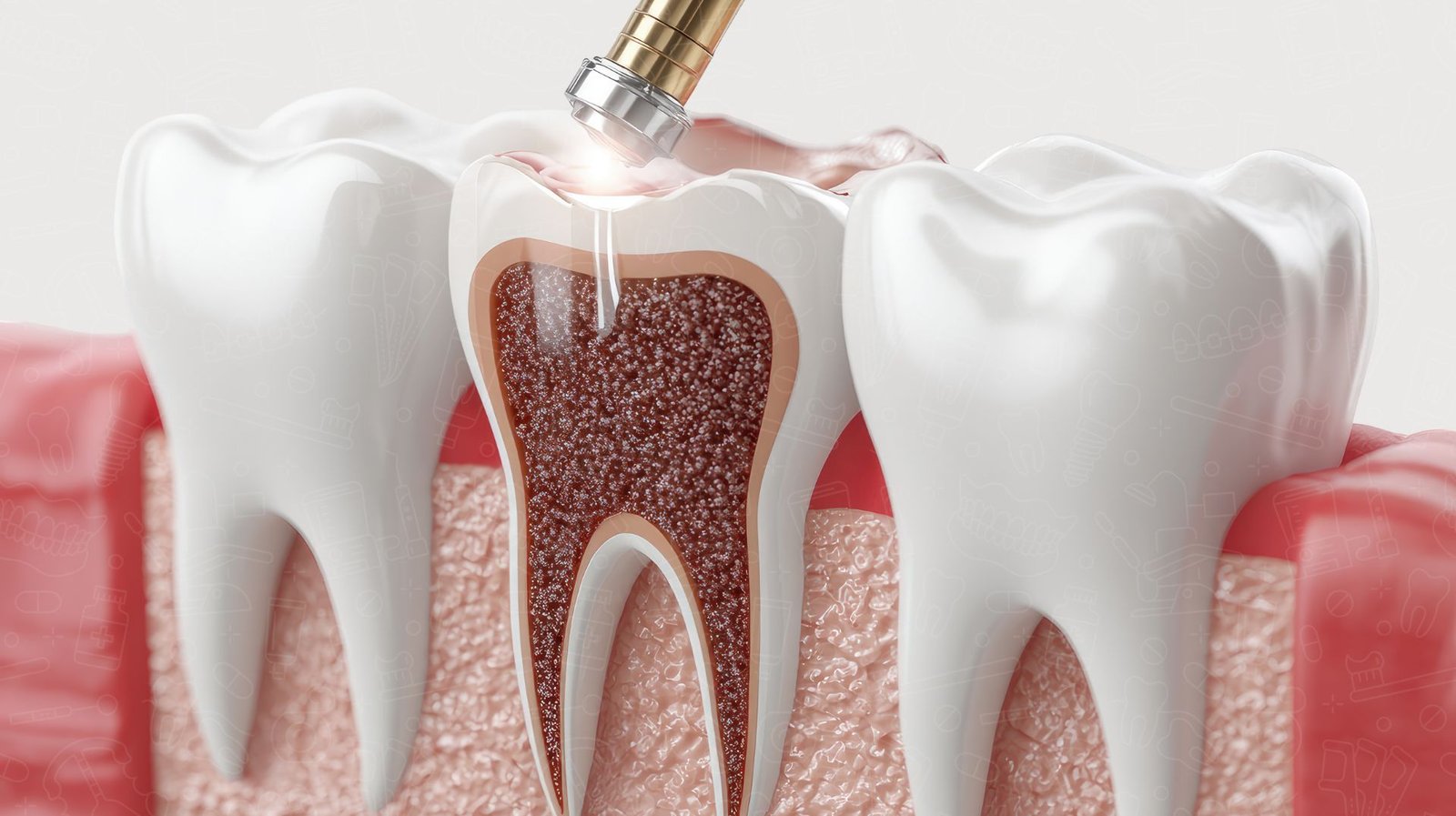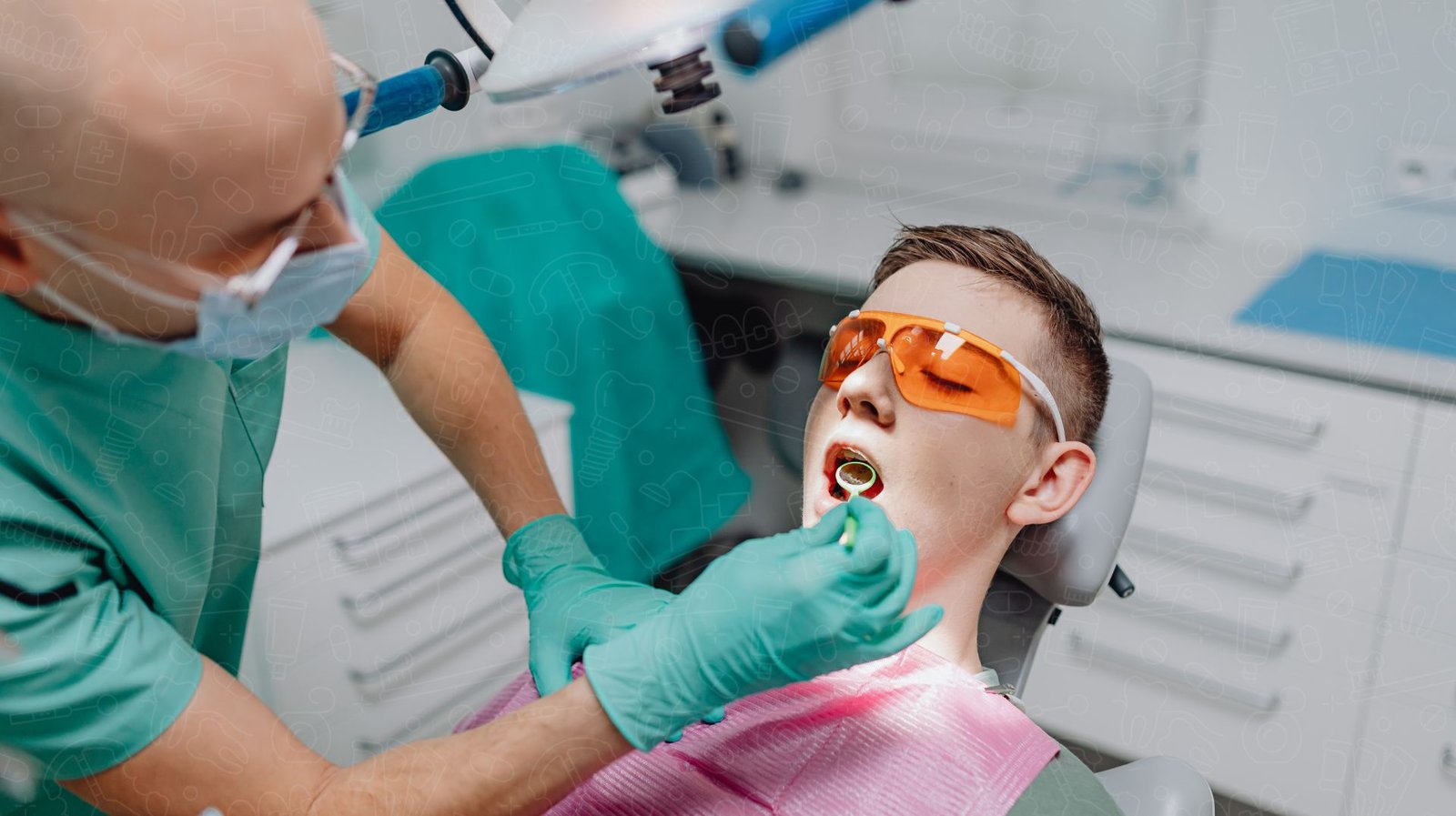Understanding Sensitive Gums After Gum Surgery
Sensitive gums often arise as a natural response to gum surgery, making it crucial for patients to comprehend this reaction to facilitate a smoother recovery. The surgical process places substantial stress on delicate gum tissue, triggering inflammation that manifests as discomfort and increased sensitivity. This sensitivity can be attributed to the body’s healing response, characterized by enhanced blood flow to the area, which is essential for tissue regeneration.
Following surgery, patients may experience tenderness or prickling sensations, particularly in treated regions. Such reactions can vary significantly among individuals based on several factors, including the complexity of the procedure, personal health conditions, and adherence to post-operative care guidelines. Recognizing that sensitive gums are typically a part of the body’s normal healing trajectory empowers patients to manage their recovery more effectively.
Furthermore, understanding the underpinnings of gum sensitivity not only helps patients adjust their expectations but also underscores the importance of proper care to alleviate discomfort. By equipping themselves with knowledge about their condition, patients can adopt best practices for oral hygiene during recovery, promoting optimal gum health. This article will delve into common causes of post-surgical gum sensitivity, effective oral care tips, and when it might be necessary to reach out to a dentist for additional support, ensuring that patients can navigate their healing journey with confidence.
Understanding Sensitive Gums After Gum Surgery
Sensitive gums are a common experience for patients following gum surgery, and understanding this phenomenon is essential for managing the healing process. During surgical procedures, the gum tissue can undergo significant stress, leading to inflammation and sensitivity. The body naturally responds to surgery by initiating a healing process that involves increased blood flow to the area, which may contribute to temporary discomfort and heightened sensitivity.
This adaptation in gum tissues often results from the surgical manipulation of delicate structures, which can expose nerve endings and cause heightened sensitivity. Additionally, while the body works to regenerate healthy gum tissue, patients may notice variations in sensation, including tenderness or a prickling feeling in the gums, especially in areas that have been treated.
It is crucial to recognize that this sensitivity is typically a part of the normal healing trajectory and can vary among individuals. Factors such as the extent of the surgical procedure, overall health, and adherence to post-operative care can influence the degree of gum sensitivity experienced. Understanding the healing process can offer reassurance and highlight the importance of proper care to mitigate discomfort, fostering a smoother recovery journey for patients. In summary, recognizing the causes of sensitive gums after surgery can help in managing expectations and promote better oral health practices during the recovery phase.
Common Causes of Gum Sensitivity Post-Surgery
Following gum surgery, patients may experience sensitivity in their gums due to various factors related to the surgical procedure and subsequent healing. One of the primary causes is inflammation, which occurs as the body responds to injury. This inflammation can lead to swelling and discomfort in the gum tissues, making them feel sensitive to pressure or temperature changes.
Another significant cause of post-surgical gum sensitivity is nerve exposure. During surgery, the delicate nerves in the gum area may be affected, resulting in heightened sensitivity. This condition can amplify sensations, leading to discomfort even with gentle movements or contact.
Tissue trauma is also a notable factor in the development of sensitive gums. Surgical instruments used during procedures can cause micro-tears or other forms of trauma to the gum tissues, resulting in temporary sensitivity. Additionally, the use of sutures in gum surgery can contribute to localized discomfort as they help support the tissues during the healing phase.
Lastly, infection can be an underlying cause of lingering sensitivity. If bacteria invade the surgical site, it can lead to increased inflammation and pain. Understanding these common causes is essential for patients, as recognizing the nature of their gum sensitivity can aid in managing their expectations and recovery process.
How Long Do Sensitive Gums Last After Surgery?
Following gum surgery, it is common for patients to experience sensitivity in their gums as part of the healing process. Typically, sensitive gums can last anywhere from a few days to several weeks, depending on individual circumstances and the specific type of surgical procedure performed. During the initial healing phase, which generally lasts about one to two weeks, inflammation and tenderness are more pronounced. This is the body's natural response to surgery as it works to repair tissues.
By the end of the second week, many patients begin to notice a decrease in sensitivity as the gums adapt and begin to heal. However, it's important to understand that full recovery timelines vary based on factors such as the extent of the surgery, individual health conditions, and adherence to post-operative care instructions. In some cases, residual sensitivity may persist for several weeks, though it should gradually diminish over time.
Patients should be prepared to monitor their symptoms and understand that it is normal for recovery milestones to vary. If sensitivity continues beyond the expected timeframe or worsens, it may be advisable to consult with a dental professional. Regular follow-ups can help ensure that the healing process is on track and any complications are addressed promptly.
Proper Oral Care for Sensitive Gums During Recovery
During the recovery phase following gum surgery, proper oral care is essential to promote healing and minimize discomfort from sensitive gums. Patients are advised to follow gentle oral hygiene practices tailored to their unique condition. Initially, using a soft-bristled toothbrush can help prevent irritation to the healing gum tissues. It is recommended that individuals brush their teeth with light pressure, avoiding the surgical area to minimize discomfort.
Additionally, employing a non-alcoholic mouthwash can be beneficial. These products help maintain oral hygiene while reducing the risk of irritation to sensitive gums. Rinsing with warm salt water may also provide soothing relief and support the healing process, as it can help decrease inflammation and assist in keeping the surgical site clean.
During recovery, using dental floss requires extra caution. Patients should consider using waxed floss or dental tape, which causes less friction against the gums. For those experiencing heightened sensitivity, waiting to resume normal flossing routines until cleared by a dental professional is advisable.
Lastly, following a balanced diet rich in nutrients is crucial for gum health. Incorporating soft foods that are easy to chew, such as yogurt and mashed vegetables, can help prevent further irritation. By adhering to these gentle oral care practices, patients can support their recovery and effectively manage sensitive gums after surgery.
Tips for Easing Pain and Discomfort from Sensitive Gums
Sensitive gums following gum surgery can cause significant discomfort, affecting daily activities such as eating and oral hygiene. To alleviate this pain, several effective strategies and home remedies can be employed. First, the application of cold compresses to the outside of the mouth can significantly reduce swelling and numb the area, providing immediate relief. It is advisable to use this technique in short intervals, typically 15-20 minutes at a time.
Furthermore, avoiding certain foods is essential during the healing process. Patients should steer clear of hard, crunchy, or spicy foods that could irritate sensitive gum tissues. Soft, bland options, such as yogurt, mashed potatoes, or smoothies, are ideal for minimizing discomfort while ensuring proper nutrition.
Staying hydrated is equally important; adequate fluid intake helps maintain oral health and supports healing. Additionally, rinsing with warm salt water can facilitate a soothing effect and promote healing by reducing bacteria in the mouth.
Incorporating over-the-counter pain relievers, such as ibuprofen or acetaminophen, can also provide necessary pain relief. Patients should always consult with their dentist before starting any medication regimen.
By following these tips, individuals can significantly reduce discomfort, enhancing their overall recovery experience after gum surgery. Understanding these self-care practices allows patients to take an active role in their healing journey while ensuring that oral health remains a priority.
When to Contact Your Dentist About Prolonged Gum Sensitivity
After gum surgery, it is not uncommon for patients to experience varying degrees of sensitivity. However, prolonged sensitivity may indicate potential complications that warrant professional attention. Individuals should be alert to certain warning signs. If discomfort persists beyond the expected healing timeframe, typically a few weeks, it may suggest underlying issues such as infection or inadequate healing.
Additionally, symptoms like increased swelling, bleeding, or an unusual change in the color of the gum tissue should not be overlooked. These may signal the presence of complications that could impact overall oral health. Patients experiencing severe pain or sensitivity that interferes with daily activities should seek prompt dental care, as these symptoms could indicate more serious conditions.
It is also advisable to contact a dentist if over-the-counter remedies provide little relief or if the sensitivity is accompanied by a foul taste or odor, as this could suggest an infection. Regular follow-up appointments are crucial for monitoring the healing process. Dentists can offer tailored advice and interventions that facilitate recovery and address any concerns related to prolonged gum sensitivity. Ultimately, prioritizing communication with a dental professional can ensure that early signs of complications are effectively managed, supporting a smooth healing journey after gum surgery.
Conclusion: Navigating Sensitive Gums After Gum Surgery
Understanding sensitive gums after gum surgery is vital for a smooth and effective recovery process. As discussed throughout the article, the healing journey can involve discomfort due to inflammation, nerve exposure, and tissue trauma. Recognizing the origins of this sensitivity allows patients to approach their recovery with informed expectations and effective self-care practices. From employing gentle oral hygiene techniques and utilizing soothing rinses to monitoring symptoms closely, patients can play an active role in fostering optimal healing outcomes.
Furthermore, being aware of when to contact a dental professional ensures that any signs of complication are addressed promptly, safeguarding overall oral health. Engaging with the information presented empowers individuals to navigate the nuances of post-operative care, ensuring a more comfortable recovery experience. By adhering to recommended strategies and maintaining open communication with their dentist, patients can minimize discomfort associated with sensitive gums and bolster long-term gum health. Overall, understanding the dynamics of gum sensitivity equips patients with essential tools to manage their recovery effectively, paving the way for healthier smiles ahead.





